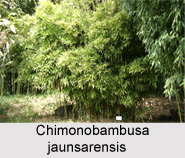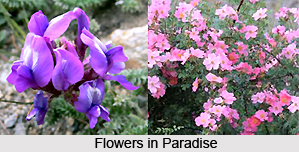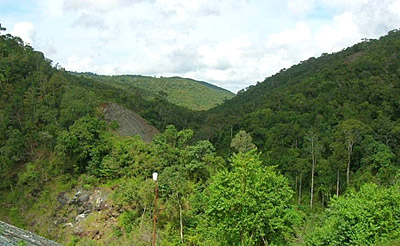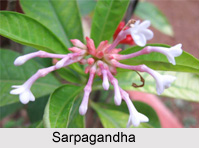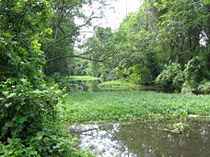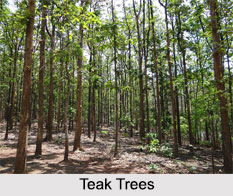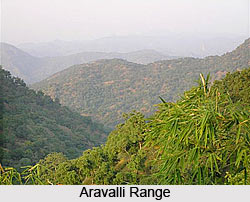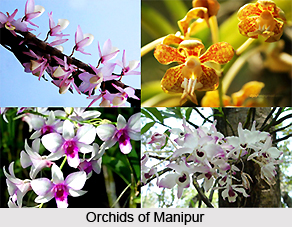Alfalfa is used as an herb in alternative herbal treatments to treat ailments and problems such as menopause discomfort, cancer fighting and lowering cholesterol including several other discomforts. Though Alfalfa is hugely used in India, it is basically of western Asian and the eastern Mediterranean nativity.
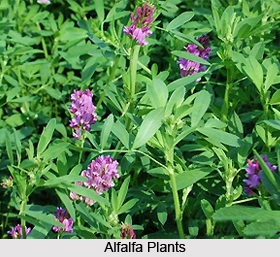 Mainly the sprouts, stems, dried leaves and seeds of alfalfa are used for different purposes. Alfalfa is a slim bushy perennial with blue-green trifoliate leaves and mauve to purple flowers with seeds in sickle-shaped pods.
Mainly the sprouts, stems, dried leaves and seeds of alfalfa are used for different purposes. Alfalfa is a slim bushy perennial with blue-green trifoliate leaves and mauve to purple flowers with seeds in sickle-shaped pods.
Alfalfa lives from three to twelve years, depending on variety and climate. It resembles clover with clusters of small purple flowers. The plant grows to a height of up to 1 metre (3 ft), and has a deep root system sometimes stretching to 4.5 metres (15 ft). These characteristics make the herb very resilient, especially to droughts. It has a tetraploid genome. The root nodules of Alfalfa contains bacteria, Sinorhizobium meliloti, as observed in other legumes with the ability to fix nitrogen, producing a high-protein feed regardless of available nitrogen in the soil and is considered as the highest yielding forage plant. This herb is extensively grown in different parts of India including Coimbatore district of Tamil Nadu, southern India.
Uses of Alfalfa
Though the primary use of Alfalfa lies in feeding for dairy cattle because of its high protein content, it has been used as an herbal medicine for at least 1500 years. Maintaining the ancient tradition of Ayurveda, Alfalfa is considered to be effective in treating various diseases. Ingestion of alfalfa seeds or sprouts may be associated with a decrease in blood cell production while the leaves and stems provide a good source of protein as well as vitamins and minerals. This herb contains organic acids, free amino acids, non-protein amino acids like canavinine, strachydrine, coumarins, isoflavonoids, saponins and steroids such as b-sitosterol, campesterol, stigamsterol and others. It contains vitamins A, D, E and K as well as chlorophyll and carotene and minerals such as potassium, calcium and magnesium. This herbal plant also contains plenty of fibre with anticholesterolemic properties. The high concentration of vitamin K found in whole alfalfa has beneficial effect on several forms of hemolytic disease. This herb is extensively used in Ayurveda and other parts of alternative treatments like Indian Naturopathy, Homeopathy etc in all over India for its wide usage.
The usage of Alfalfa herb differs from its usage in daily consumption as a vegetable to its usage in alternative medicines and forage for cattle. The sprouts of Alfalfa are used in salads and sandwiches, tender shoots are eaten in some places as a leaf vegetable and the parts of mature plant are consumed though it is rare. Dehydrated alfalfa leaf is commercially available as a dietary supplement in several forms, such as tablets, powders and tea. Alfalfa is believed by some to be a galactagogue, a substance that induces lactate. It has also been studied that Alfalfa is one of the most nutritious foods known as recommended by the Naturopathy. Its calcium, chlorophyll, carotene, and vitamin K content make alfalfa an important nutritional supplement and the Vitamin K in Alfalfa helps to promote normal blood clotting and vitamin K (as K2) has been found to help prevent bone loss which is coupled to estrogens deficiency and also helps to increase the formation of new bone.
According to the recent studies and researches, Alfalfa may also have some ability to enhance immune system function. The seeds of the herb are also used as a folk remedy for treating asthma or other breathing conditions. Chemicals in alfalfa have mild diuretic properties, which may promote the loss of water from the body. Consequently, alfalfa may relieve swelling caused by excess water accumulation. Other components of alfalfa may act somewhat like the female hormone estrogen. The herb has also been suggested as potentially useful in menopause as well. Alfalfa has antibacterial and antitumoral properties. In folk medicine, the herb has been used as an appetizer and tonic, and as a diuretic to relieve urinary and bowel problems.
In addition to these properties, Alfalfa is used in treating drug and alcohol dependency and since it alkalizes the body, it helps with detoxification. As the herb contains chlorophyll, alfalfa helps to bind carcinogens in the colon to speed elimination and is said to be effective in eliminating bad breath. The studies show that an extract of alfalfa increased the production of white blood cells, including granulocytes, leukocytes and T cells which are the first line of defence against infection. Including these usage of alfalfa plant it is extensively used in the treatment of symptomatic arthritis.
Besides being a source of ample nutrition, Alfalfa plant is broadly used in different medicinal practices. Though it is used in treating different diseases, some precautions should be taken to keep the side effects at bay as over consumption of Alfalfa may lead to disturb the normal balance of the body.
